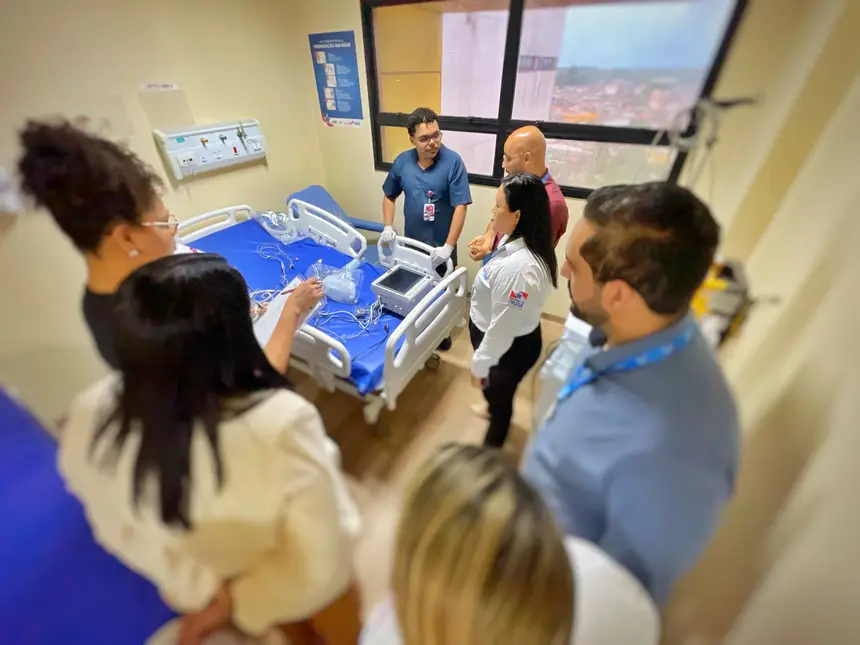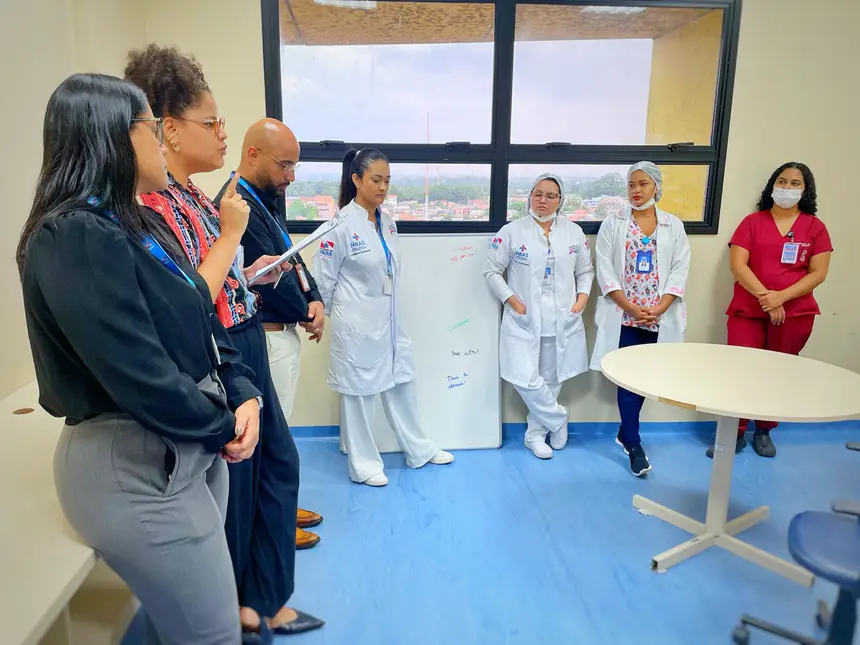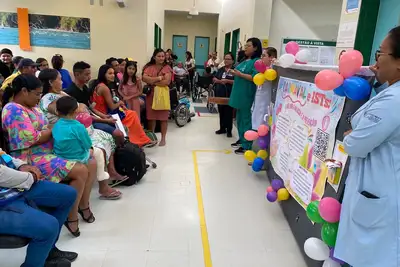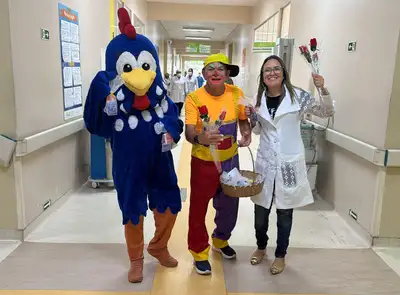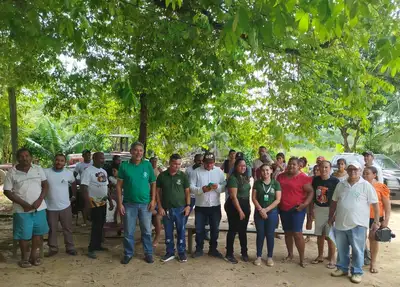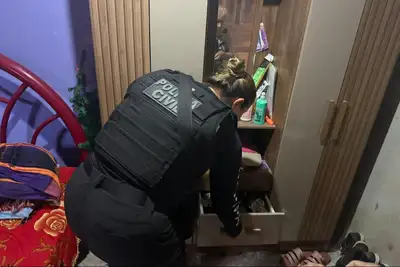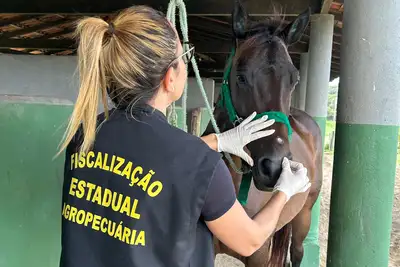Hospital Abelardo Santos has qualified professionals for quick action in emergencies
The unit believes that continuous training can reduce the risk of avoidable death by up to 70%, with intervention occurring within the first 5 to 10 minutes
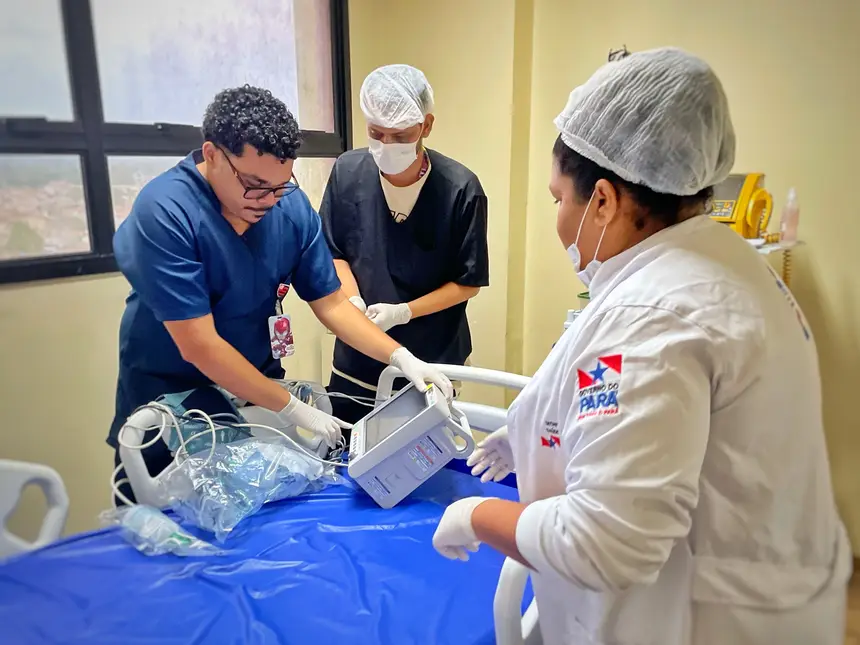
The Dr. Abelardo Santos Regional Hospital (HRAS), in Icoaraci, held a realistic simulation of the clinical deterioration protocol from November 11 to 13. The activity aimed to train the unit's professionals to act swiftly in critical and emergency situations, such as imminent risk of cardiac arrest, shock, or respiratory failure, among others.
According to the care manager and the technical director of HRAS, Adriano Furtado and Marcel Ramalho, respectively, continuous training can reduce the risk of avoidable death by up to 70%, especially when intervention occurs within the first five to ten minutes. “For us, the result of this simulation is a source of pride, as the team's response time was under five minutes, ensuring highly safe assistance at ‘Abelardo Santos’,” they pointed out.
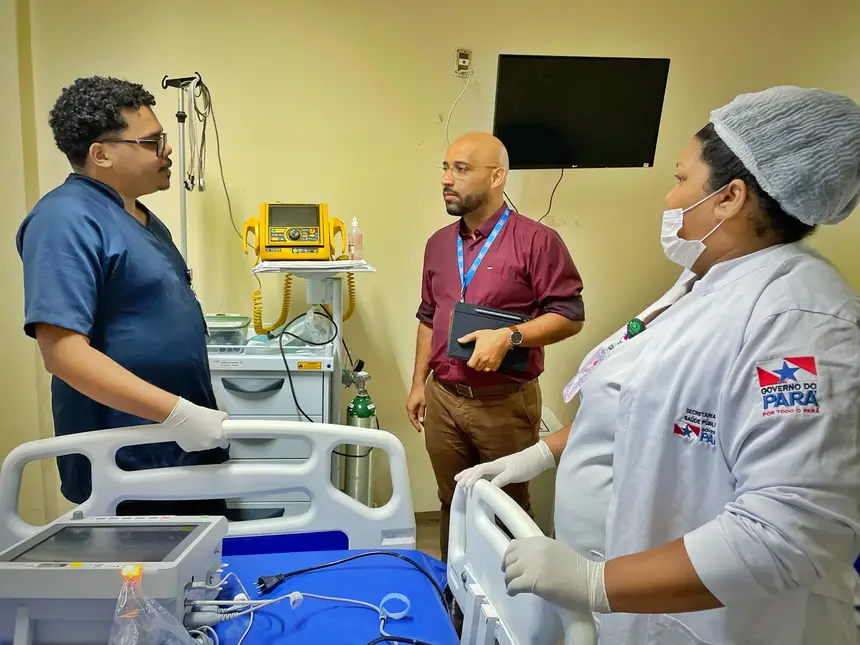
During the simulation, the professionals immediately identified changes in the vital signs of the fictitious patient and activated the Rapid Response Team (TRR), which arrived on site to continue the assistance. Criteria such as communication among professionals, response time, and correct execution of procedures were observed from the call until the stabilization of the patient.
For the unit's administrative manager, Thais Araújo, the activity transforms theoretical learning into practice, ensuring greater agility and safety for the patient. “The simulation is a tool that strengthens teams in real situations. When a patient begins to deteriorate, every second counts, and integrated action makes all the difference in this delicate moment in the hospital,” she emphasized.
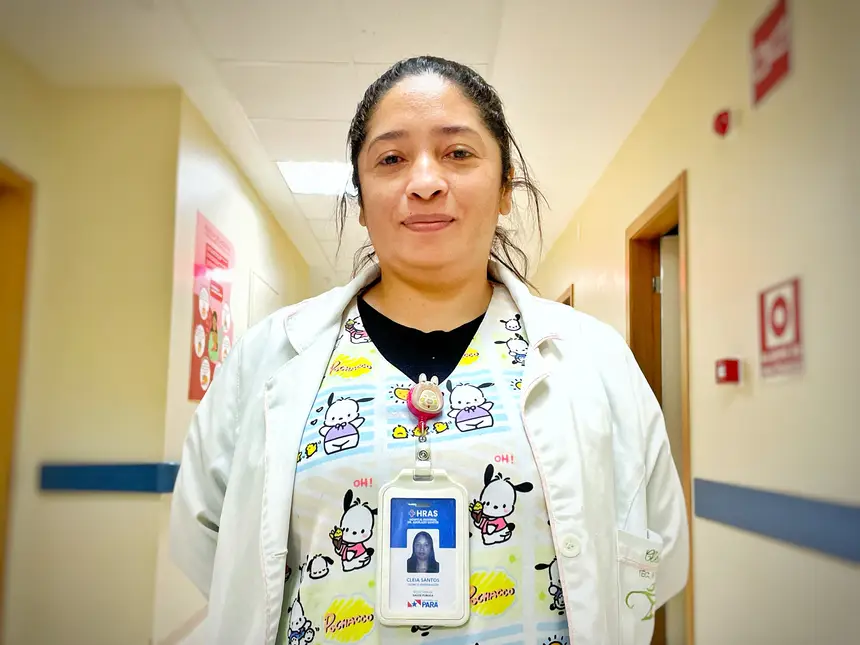
Learning
At the end of the simulation, the professionals involved participated in a debriefing, a moment dedicated to analyzing the actions taken, exchanging experiences, and presenting suggestions for improvement. The initiative is part of the training calendar of Hospital Abelardo Santos and reinforces the unit's commitment to maintaining standards of excellence in assistance and patient safety.
Nursing technician Cléia Lima dos Santos, 43, participated in the simulation without knowing that the case was fictitious. “When I received the patient's parameters, I realized that he was in critical condition. So, I quickly followed the flow: I informed the on-duty nurse, who called the doctor,” reported the professional. At the end of the activity, she was informed by the evaluators that it was a simulation.
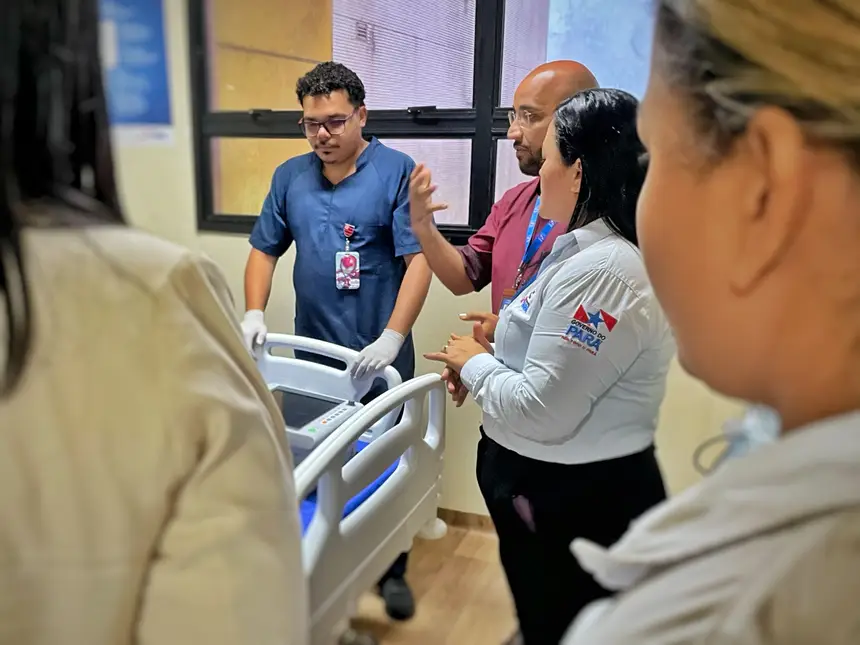
In another part of Hospital Abelardo Santos, the team of nursing technician Victor Matheus Silva also participated in the activity. “In hospital routine, every second is precious,” highlighted the professional, who completed all protocols in less than five minutes. “This type of practice makes us think and act in a coordinated manner, which directly reflects on patient safety,” he added.
HRAS is considered the largest public hospital of the Government of Pará, managed by the Social Institute Mais Saúde (ISMS), with the support of the State Department of Public Health (Sespa). Just last year, the unit performed over 1 million consultations, which requires well-structured protocols and a highly trained team to ensure the effectiveness of the assistance provided to the population.
The structure has 360 beds distributed among Intensive Care Units (ICUs), Conventional Intermediate Care Unit (UCINCO), and five beds in the Kangaroo Intermediate Care Unit (UCI), in addition to other strategic sectors. The hospital also maintains 24-hour emergency and urgent care in pediatric, gynecological, and obstetric areas, and in the care of indigenous peoples.


